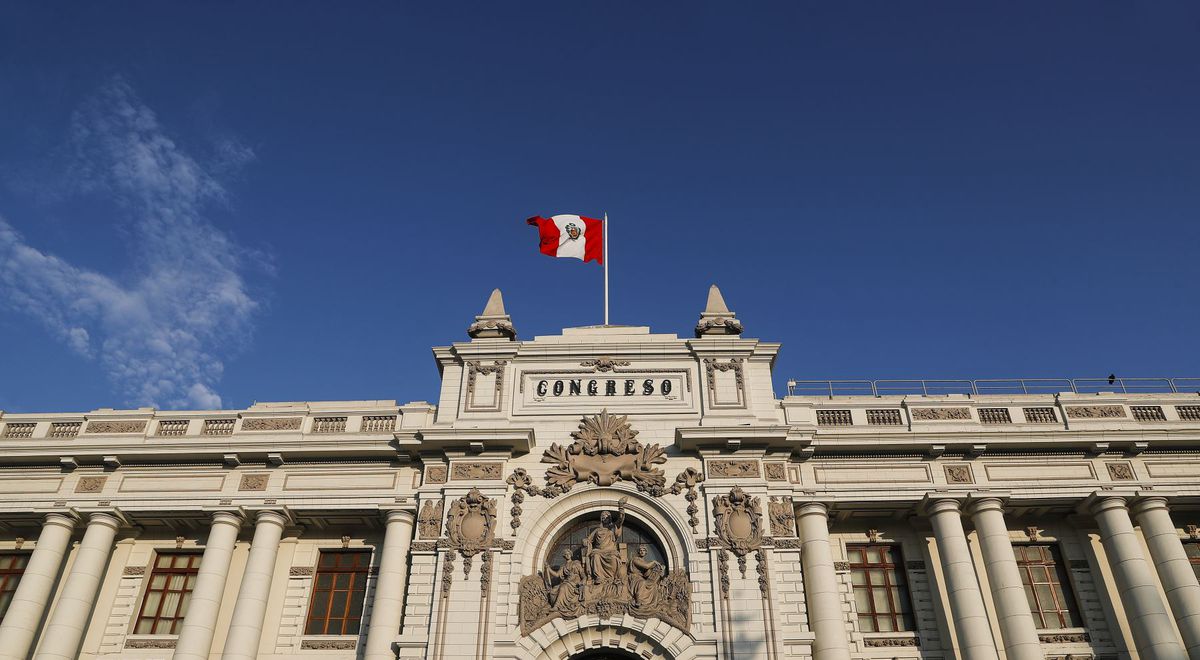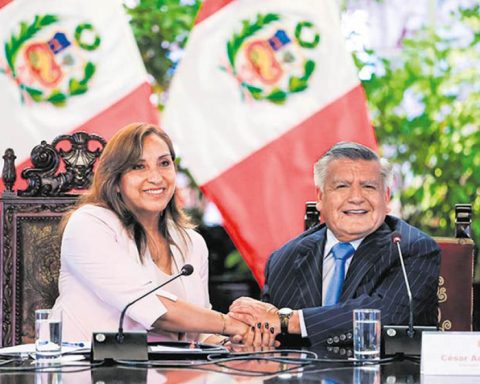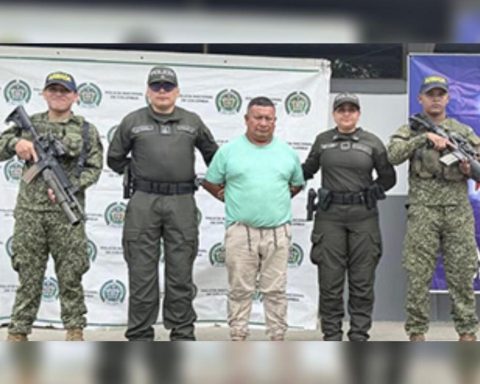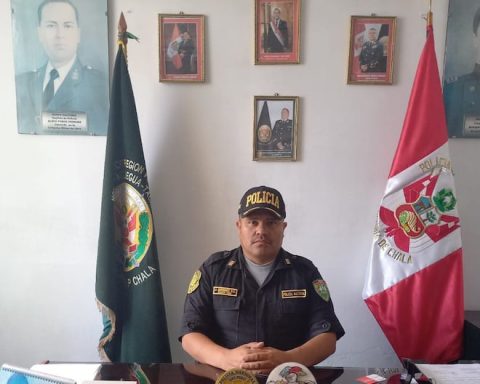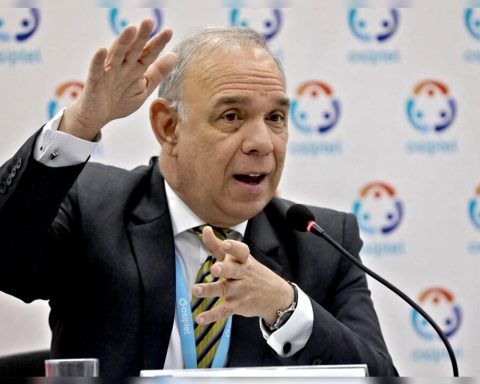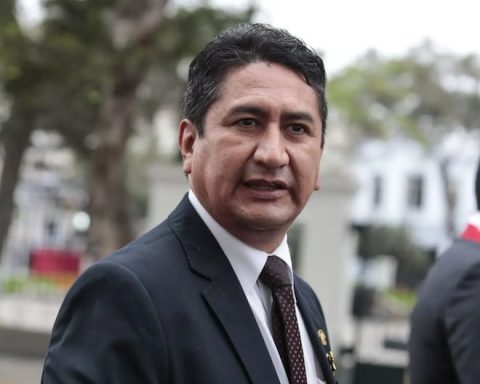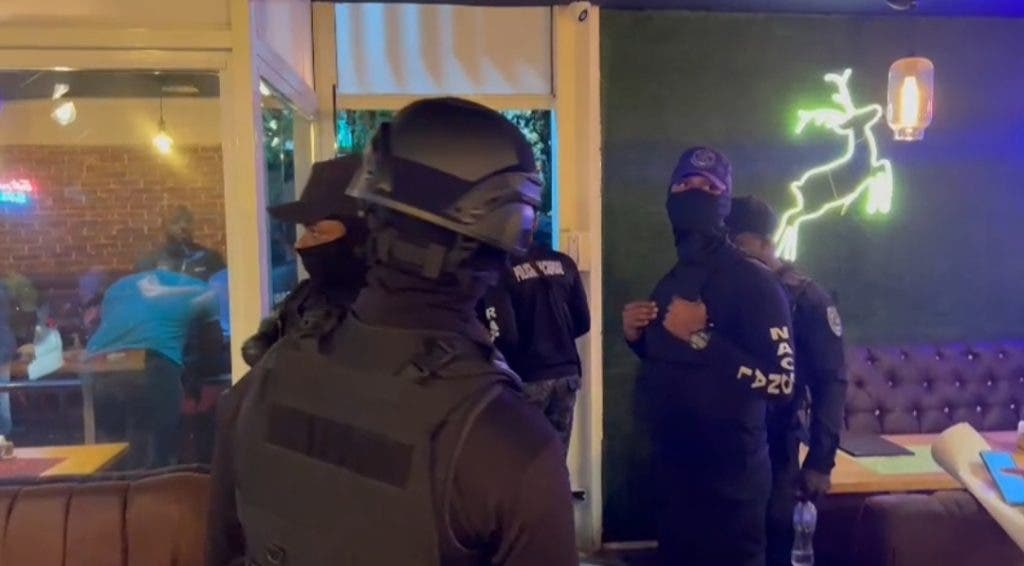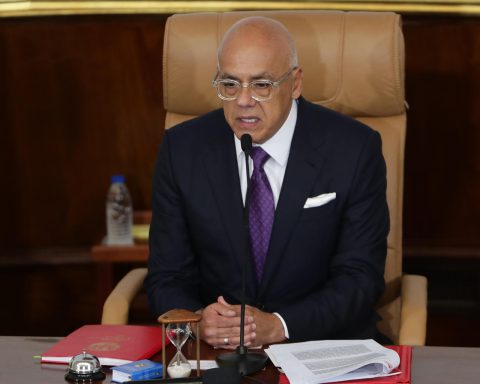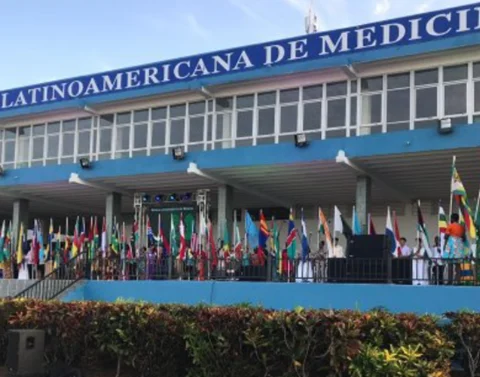During the history of Congress of the republic multiple have been created investigative commissions that have not reached crucial or effective conclusions or have even generated more doubts than answers. An example of this was the Commission for car washled by former parliamentarian Rose Bartrawhich followed several cases of bribes carried out by different construction companies, including Odebrechtto various characters on the political scene.
However, what caught the attention was that the congresswoman excluded the former president from the investigations Allan Garcia and the former presidential candidate Keiko Fujimoriwho was the leader of the party with which Bartra entered the Parliament. Both had certain implications with the Brazilian construction company. For example, Jorge Barata had met at the Palace with the APRA leader about 15 timeswhile Fujimori Higuchi was included in the agenda Marcelo Odebrecht.
The commission noted that only Alexander Toledo, Ollanta Humala Y Peter Paul Kuczynski received bribes from the company.
YOU CAN SEE: Alejandro Toledo: State will pay S / 180,000 for the cost of legal defense in the Odebrecht case
Another recent case was fraud commissionled by the spokesman for People’s Renewal, Jorge Montoyawhose final report was rejected by the full Congress and which also failed to demonstrate the existence of the alleged fraud that was allegedly committed in the General Elections 2021in which peter castle was the winner.
Added to this inquiry was the loss of time and money. On the latter, the The Peruvian State had to spend 216,347.67 soles for these investigations, in addition to the 75% of that amount was allocated to the payment of two advisors.
Failed method in investigative commissions
Former Senior Congressional Officer Jose Elice he said that the investigative commissions are important; however, he specified that their problem is that “method fails”.
“The investigative commissions should be exceptional and have a great importance that has been subtracted by practice. Although now it has become a rule to give investigative powers to the ordinary commissions and that has weakened the figure of the investigative commissions”, he detailed for La República.
“The Control Commission it also investigates and is also given powers to investigate. For me, it should go away because it doesn’t make sense. For that there are the investigative commissions that are formed when there is a meeting of public interest that warrants it. In addition, it is given the necessary resources for a certain period, within which it has to carry out the investigation and present reports to Congress or request an extension to end the reports. You must present a work plan,” he added.
Likewise, Elice stated that these working groups “can search for the crime against a series of things”, but the Public Ministry will be the last body to take charge of the investigation and determine the guilt of the people involved in the corresponding case.
“If the Public Ministry wants to carry out an investigation on its own, it is fine because it is a body that looks for the crime. The investigative commissions can look for the crime against a series of things and the work would go to the Public Ministry. They have to present conclusions that are really supported and with evidence because you cannot play with the prestige of people. Sometimes organizations are investigated in which they are discredited and it happens that nothing has happened, ”he concluded.
YOU CAN SEE: Government project that reforms political trial and impeachment would avoid more shields from Congress
For his part, the constitutionalist Miracle Fields He pointed out that when an investigative commission is initiated, it is because the Legislature “has qualified the facts to be investigated as relevant.”
“That marks a bit the reading that the national representation does of the situation or of issues that, due to their importance, deserve clarification or investigation,” he explained to this medium.
In this sense, he stressed that the constitutional Court has established the parameters for these commissions. One of them is that “it has to be given due process rules informing those investigated about the issues that are being investigated.”
In that sense, he clarified that, despite the fact that irrefutable evidence is not shown, the functions of the congressmen are to represent, legislate and supervise, so “any investigative commission is fundamentally framed in that function of supervising.”
“Congress is a plural body because representation is the democratic plurality of a society. I think the point is to see if this represents the majority or not, but also the investigative commissions end up being the right of minorities to the extent that an absolute majority is not required to conform”, he pointed out.
